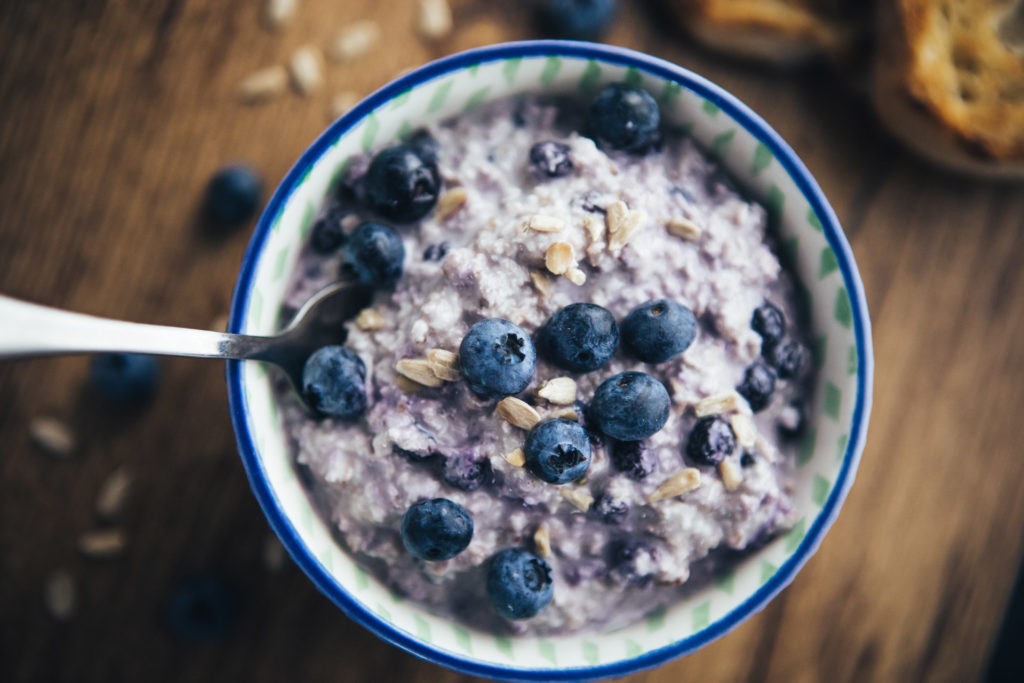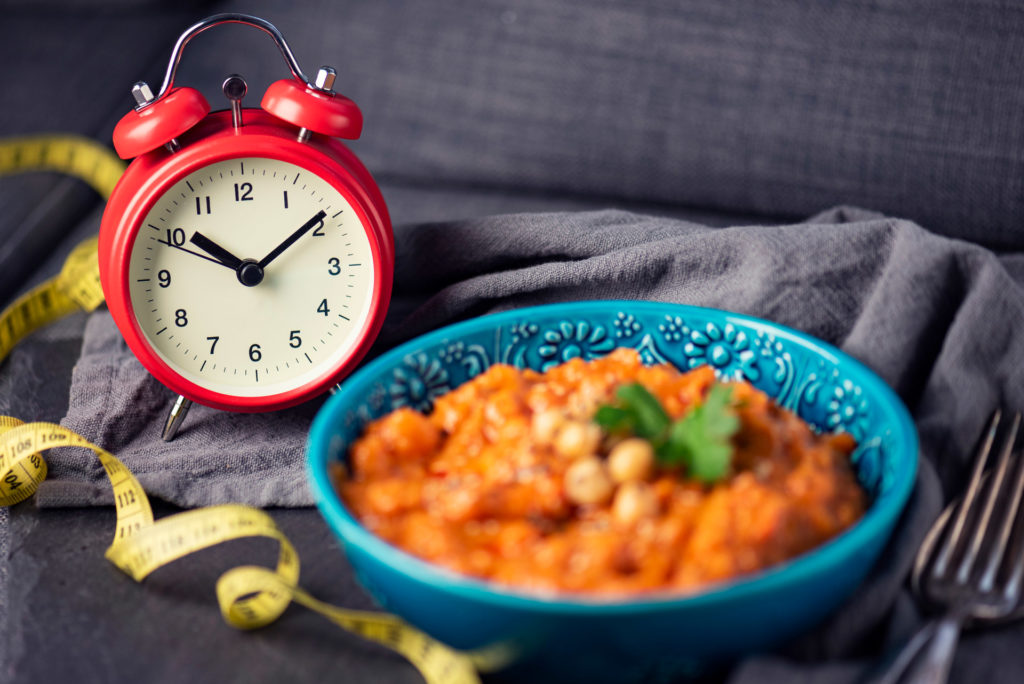Whether you’re just starting a workout routine, or you’ve been on a particular program for awhile, the question of what you should eat (or drink) before, during, and after a workout is likely to come up.
You may have read the post on Nutrient Timing in the past (you should if you haven’t!), but today I want to expand upon that subject.
Before I begin, it’s necessary to note that you should have a comfortable grasp on your overall quantity and quality of calories and macronutrients before moving onto any nutrient timing protocols. This is not an advanced subject, but it’s important to understand the fundamentals before taking on trick shots for performance. That said, let’s dig in.

Pre Workout
Food takes on average around 4-5 hours to digest and be used as fuel by the body which means the Pre-Workout “meal” is going to contribute far less output to your gym performance than first realized.
For example, you would have to wake up and consume a meal at 2AM in order for it to be ready for your 6AM or 7AM workout. That’s unrealistic, so for our purposes, the Pre-Workout meal is more about blood sugar control.
Dizziness, light-headedness, and low blood sugar can combine from an intense workout on an empty stomach – so that’s where your Pre-Workout nutrition comes into play. It is recommended you consume this anywhere from 30 minutes to 120 minutes prior to training.
Components of Your Pre-Workout Meal
The composition of your Pre-Workout meal or shake should simply be protein and carbs with no added fats. Protein and carbohydrates digest quicker, while fats digest slowly and delay the digestion of any nutrients they are consumed with. They also tend to “sit” in the stomach which can be uncomfortable during intense exercise.
What type of protein/carb meal you eat is largely up to your preference. If you enjoy an actual meal, I’d recommend the light and tasty Yogurt & Oats combination.

If you’re like me and prefer to drink caffeinated “Pre-Workout” drinks, then I would recommend drinking your caffeinated/carb shake about 30 minutes prior to your workout, and then a protein shake right before you begin the workout. If you can only have (or stomach) one or the other, I would advise at least the protein shake.
Post Workout
The most important factor after exercising is recovery. Not only did you impose stress on your muscles, but your nervous system was actively engaged, marked by a rapid rise in cortisol (your body’s fight or flight hormone).
While this is an appropriate response to your workouts (allowing proteins, carbs, and fats to be mobilized for use as fuel), the body doesn’t recognize when you’ve just finished exercising, so cortisol production continues after your last set.
Therefore, your Post-Workout meal is less about carbohydrate replenishment and more about reducing stress and stimulating muscle recovery.
A Post-Workout meal can either be an actual solid meal within 45 minutes of training or a high ratio carbohydrate-protein shake.
Your intensity and athleticism is a factor here. If you are an athlete and/or participating in a high intensity workout, it is recommended you take a shake, followed then by a meal. Otherwise, especially if you are just starting an exercise program, a meal should suffice.

Components of Your Post-Workout Meal
If you’re opting for a post nutrition shake, it should be comprised of either whey protein alone, or a protein-carbohydrate mix. If your macros allow, this is a great window for simple sugars/carbs to be eaten to stabilize blood sugar, but ensure you’re also prioritizing protein intake first.
If you’re consuming a meal after that shake (60-90 minutes apart), the meal should contain high quality proteins and carbs (fats are optional).
If you’re opting for just a meal alone without the shake, get them from high quality proteins and carbs, skipping the fat. One final note: be sure to count your pre and post meals or shakes towards your macros if you’re tracking them!
If you follow the above principles, you can maximize your performance and recovery while exercising and contribute to your overall macro count.

